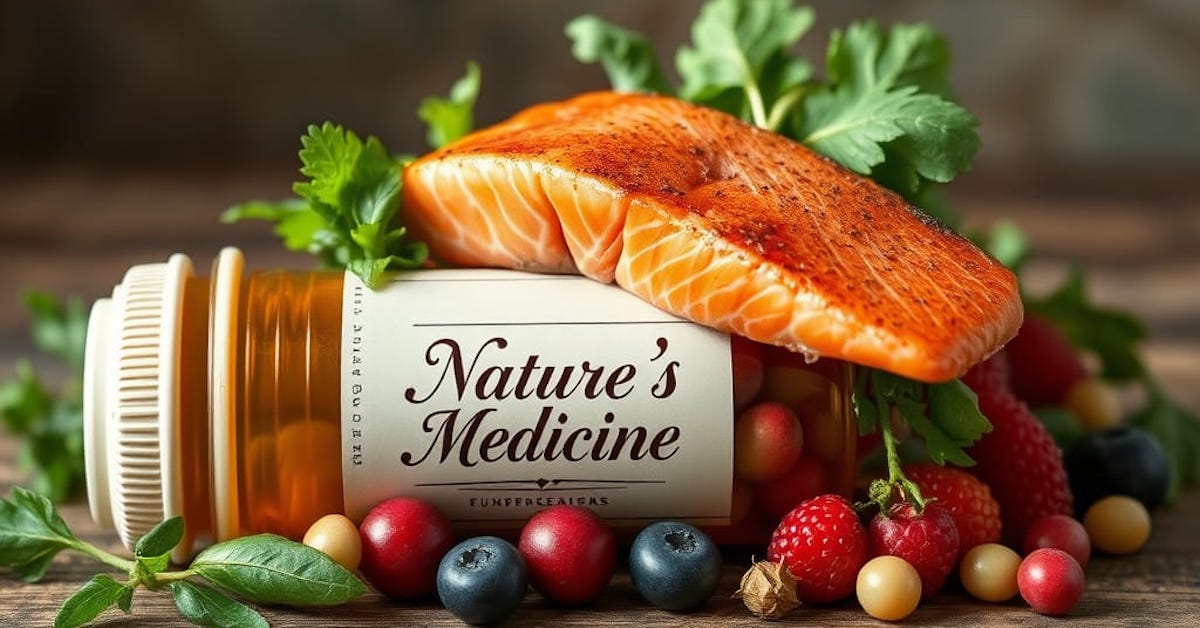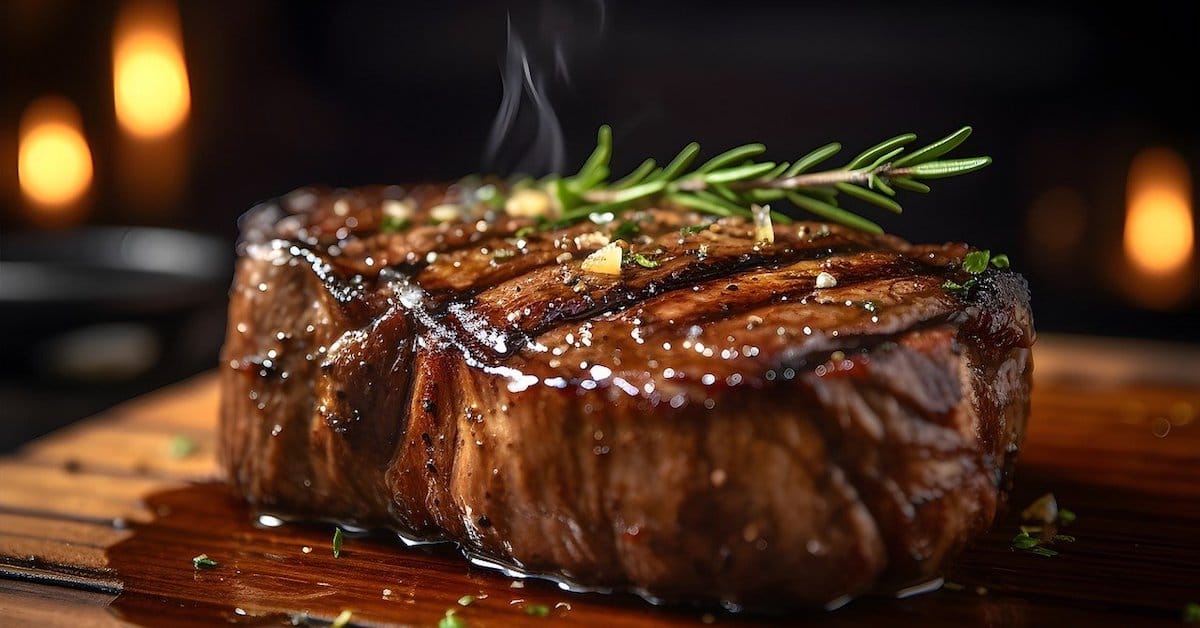Health experts warn that one of the lingering effects of the coronavirus pandemic could be a mental health crisis. While therapy and medication are often used to address stress, anxiety, and depression, your diet plays a significant role in your emotional well-being.
A poll released by the American Psychiatric Association in March found that 36% of Americans felt the existence of the COVID-19 pandemic was seriously impacting their mental health. The top concerns included finances, the risk of contracting the virus, and the possibility of becoming seriously ill or dying.
The Gut-Brain Connection
The gut has often been called the “second brain,” and for good reason. Most people can relate to this connection—feeling “butterflies” before a big event or going with their “gut feeling” when making a decision.
According to nutritional psychiatrist Dr. Uma Naidoo, the gut and brain are connected physically and biochemically through the gut-brain axis, a communication network that links your brain’s emotional and cognitive centers to your gut’s activity. When gut health is compromised, mental health can suffer too.
Foods That Can Hurt Mental Health
Fried and processed foods, trans fats, nitrates, excess salt, saturated fat, and refined sugars have all been associated with increased risk of depression, anxiety, and heightened stress levels.
“If you’re eating processed foods and fast food every day, that’s basically making the bad gut bacteria thrive, and that’s when you start to run into problems with inflammation,” says Naidoo.
Too much caffeine and alcohol may also worsen mental health symptoms, although both are generally fine in moderation. Caffeine intake below 400 mg per day is typically not a problem for most people. As for alcohol, men consuming more than four drinks a day and women more than three is considered heavy drinking.
How to Start Eating for Your Mental Health
To begin eating with mental health in mind, Naidoo recommends starting small. Attempting to overhaul your entire diet at once can be overwhelming and unsustainable.
A great first step is to do a diet self-check: Write down everything you ate in the past 24 to 48 hours, circle the less-than-healthy items, and choose one change to make—such as replacing sugary snacks with fruit or adding a leafy green to your next meal.
You don’t have to give up your favorite treats entirely, but small, consistent changes can gradually create a healthier gut and brain environment.
“A healthy diet can help mitigate or buffer one from these types of effects as it sets the stage for a beneficial gut microbiome and less inflammation, both of which are tied to mood, anxiety, depression and even sleep.” — Dr. Uma Naidoo
Final Thoughts
Diet is not a magic bullet, but it’s a powerful tool in your mental health toolbox. Especially during uncertain times, nourishing your body with whole, nutrient-dense foods can help build resilience, balance your mood, and support your overall well-being from the inside out.

How One Man Reversed His Diabetes Naturally in Just 7 Days
Not long ago, a couple in their mid-fifties came to see me for help with their health. Both were overweight,

Meat: A Friend, Not a Foe
A new meta-analysis confirms what I’ve been saying for years: minimally processed beef has minimal to no impact on most

Wake Up, America: You’re Headed in the Wrong Direction!
Over the past three decades, the health of Americans has taken a dramatic downturn. What was once a rarity has
follow
Error: No feed with the ID 2 found.
Please go to the Instagram Feed settings page to create a feed.
